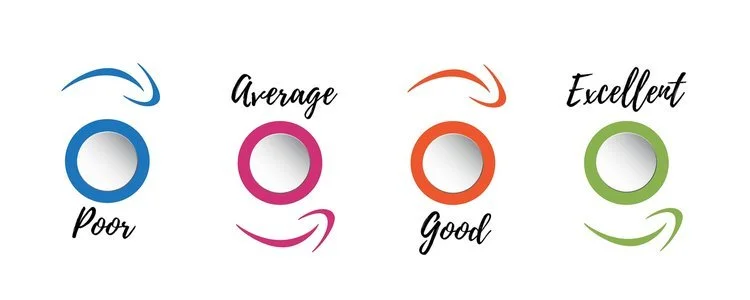America's Stories and America's Future
The national unemployment rate is 3.8 percent. The African-American unemployment rate is 6.6 percent. There are 11.3 million unauthorized immigrants in the United States. There are about 7.6 million unfilled job openings nationwide. What does all this mean?
If you lean right politically, it may mean the economy is doing great but that illegal immigrants are taking jobs that ought to go to unemployed Americans. If you lean left, it may mean there are plenty of jobs for unemployed Americans but they lack the training or mobility to get to them - or face racial barriers in doing so.
Without a story, these facts mean nothing. They are just bits of information. Humans are a meaning-making species, and meaning emerges only when we put information together into a narrative. The stories we tell guide our lives. They give us comfort or concern, hope or fear. In politics, they express our beliefs and compete with the stories of others.
The United States began with a story. If that sounds strange, recall the opening words of the Declaration of Independence. "When in the Course of human events " is just another way of saying "Once upon a time." The "happy ending" of this story is that we will enjoy "Life, Liberty, and the pursuit of Happiness." The power of this story, which is unfinished and one we still tell, has guided us for nearly 250 years - and will continue to do so.
We construct our stories with reason, but they are built on a foundation of emotion. If you doubt the emotional energy we invest in stories, trying telling someone that their story about what's going on in America is all wrong.
Stories are our truth but not necessarily the truth, infused as they are with errors that come with being human. They can rest on cherry-picking facts to confirm what we already think. They can be riddled with bias. They can rely on untested assumptions, which we nevertheless treat as "facts." Wisdom suggests we view any story we tell with a dose of humility and any story others tell with a dose of skepticism. But we're not always wise.
Stories can help or harm. In the hands of people with character and respect for human dignity, stories can bring forth what Lincoln called "the better angels of our nature." Martin Luther King, Jr., helped right historical wrongs through his "dream" for America. But in the hands of demagogues, they can divide us, stoking fear, distrust, and hatred. Hitler, we should remember, was a master story-teller.
Given human diversity, our stories about America's past, present and future will often conflict. That is not inherently dangerous. Differing stories woven with the facts about employment and unemployment, for example, enable us to see the world from other perspectives. They test our thinking and open new possibilities, but only if we keep our minds and hearts open.
At any point in time, a particular story may dominate our national life and politics, but other stories will challenge it inviting a dialogue that can productively last for generations. Alexander Hamilton's story was about the need for a strong central government. Thomas Jefferson's was about the need to limit government to secure freedom. The see-saw battle between these stories will, quite appropriately, never end.
Yet conflicting stories can sometimes harm. Those who see in the Civil War a story of abolishing slavery and advancing freedom still argue with those who see it as a story of federal aggression against the rights of individuals and states. Our failure to resolve these differing stories still reverberates, from the halls of Congress to the streets of Charlottesville, Virginia.
America needs some unifying stories. We are a nation today of too many stories of us vs. them where no common ground exists. Without that, our national life lacks cohesion and the power for progress that can come with unity. We seem unsure what America stands for in our foreign affairs and we are equally unsure what the American story is and should be at home - who we are as a people and where we want to go.
It is the role of leaders to craft helpful stories, anchoring them not in what divides but what brings us together. It is their role to move us away from destructive stories. It is our role to be open, to listen, to consider stories other than our own, and to find common ground.
A nation without some unifying stories about its past and future is a nation adrift. Tossed about in a sea of facts, it cannot find a harbor.
Photo Credit: Andos-pics







